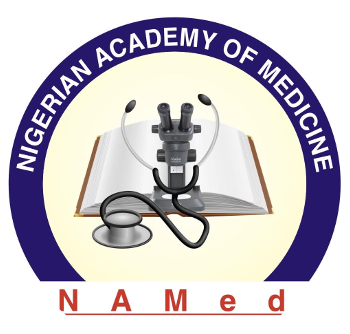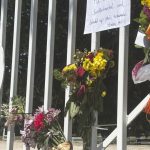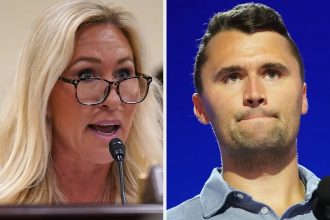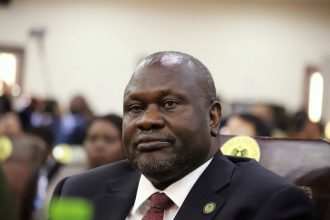The Nigerian Academy of Medicine has expressed deep concern over the collapse of the nation’s health system, lamenting that poor funding, decaying infrastructure, and mass exodus of professionals are forcing Nigerians to spend over $1bn annually on medical tourism.
Speaking at its 2025 Annual Lecture, Induction Ceremony, and Scientific Conference in Abuja on Tuesday, themed “Emerging and Re-emerging Diseases”, the President of the Academy, Emeritus Professor Samuel Ohaegbulam, said Nigerian hospitals, including tertiary facilities, lack essential diagnostic equipment, forcing citizens to seek medical care abroad.
Ohaegbulam described the state of Nigerian hospitals as alarming.
“The budgetary allocations are grossly inadequate. Hospitals, including tertiary institutions, lack essential diagnostic tools like Computed Tomography Scans and Magnetic Resonance Imaging machines. Our trainers are demoralised—not just by poor facilities, but by poor remuneration, worsened by the devaluation of the naira,” he said.
He noted that Nigerian doctors and nurses are leaving in droves for better pay and working conditions abroad. “Our health workers trained with care and commitment are leaving in droves. Can we blame them when they are offered $15,000 a month abroad while struggling to survive at home?” he asked.
Ohaegbulam also stressed that universal health insurance could transform access to care but lamented poor implementation.
“The law has been passed, but enforcement remains weak. Politicians promise reform during campaigns, only to forget once elected. The result? Just about 11 million Nigerians are covered by health insurance—barely 2.2 per cent of the population, though some figures claim up to 19 per cent,” he explained.
He further warned that Nigeria’s medical education is under strain, with universities exceeding quotas, overcrowded classrooms, inadequate equipment, and overstretched lecturers. Postgraduate training is also collapsing, with graduates migrating abroad instead of enrolling locally.
“The unchecked proliferation of universities and medical colleges is worsening the problem. What we need is not more institutions but better-funded, better-managed ones,” he cautioned.
Ohaegbulam admitted that medical doctors in leadership roles also bear responsibility.
“Many leaders of health institutions, including Commissioners, Governors, Ministers, and Senators, are medical doctors. If we flip the narrative, we could join hands to advocate solutions instead of allowing citizens to seek treatment abroad. This costs our country over $1bn yearly—funds that could strengthen our health system,” he said.
At the event, 22 new fellows were inducted into the Academy. Former Minister of Health and NAMed trustee, Prof. Isaac Adewole, assured that government is making moves to address sectoral challenges.
According to him, the Coordinating Minister of Health and Social Welfare, Prof. Muhammad Pate, has secured presidential approval to grant waivers for direct recruitment in the health sector to address workforce gaps.
Delivering the keynote lecture, Prof. John Idoko spoke on “Re-emergence of Lassa Fever: Advancing Detection and Response Capacities in Nigeria.” He warned that many Lassa fever cases are missed because patients are wrongly treated for malaria without testing.
He called for stronger awareness campaigns, rapid diagnostic tools, and greater funding for the Nigeria Centre for Disease Control and Prevention (NCDC) to expand surveillance and incentivise state and local staff.
“At the level the NCDC is working, it needs more funding to expand surveillance. There must also be a system to incentivise staff at the state and local government levels. If we want results, we must pay them well and ensure they are motivated,” Idoko stressed.
He also urged communities to abandon risky practices such as eating bushmeat, which could harbour the Lassa virus, warning that Nigeria must treat the disease as a priority public health threat.









